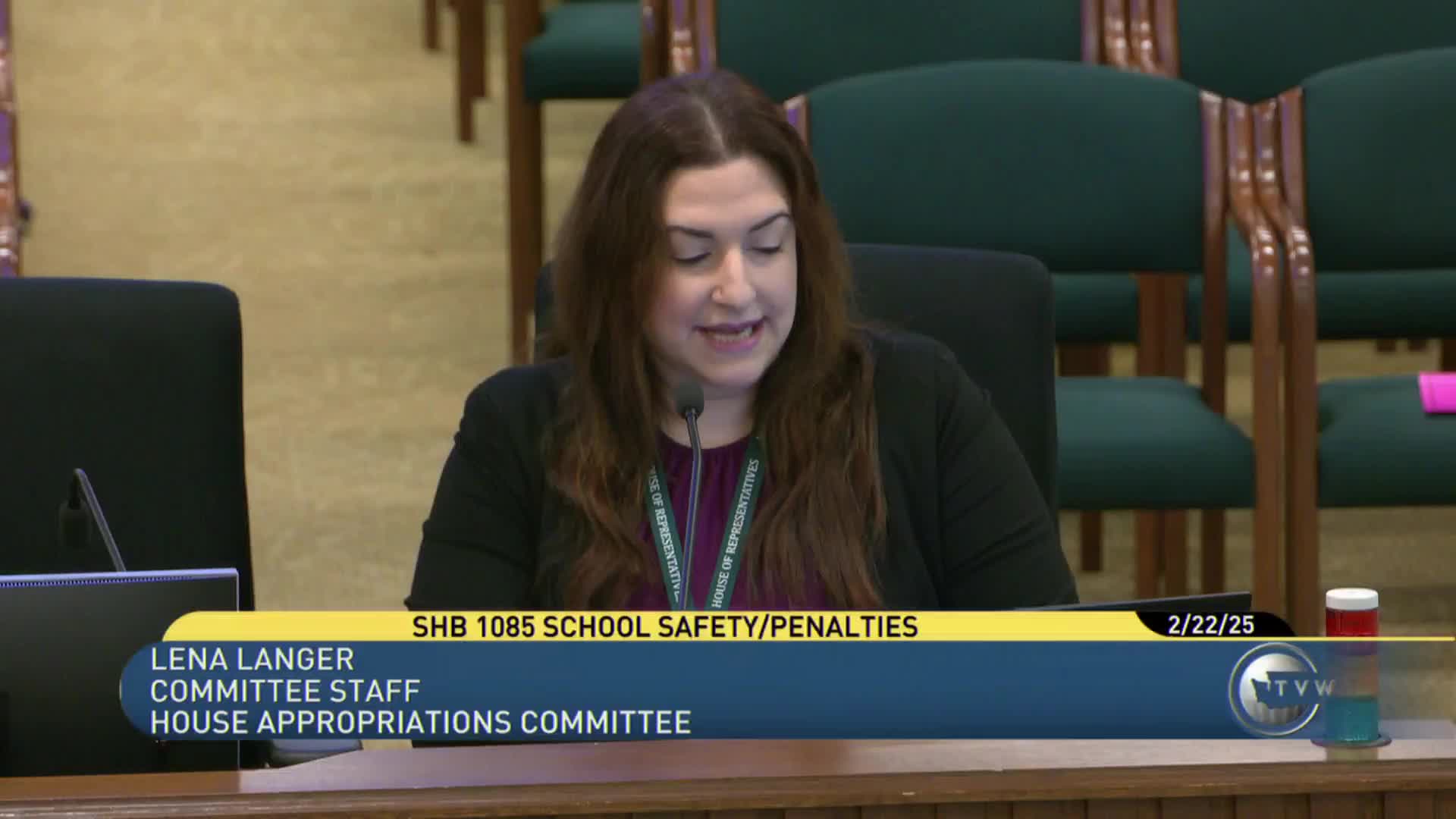Article not found
This article is no longer available. But don't worry—we've gathered other articles that discuss the same topic.
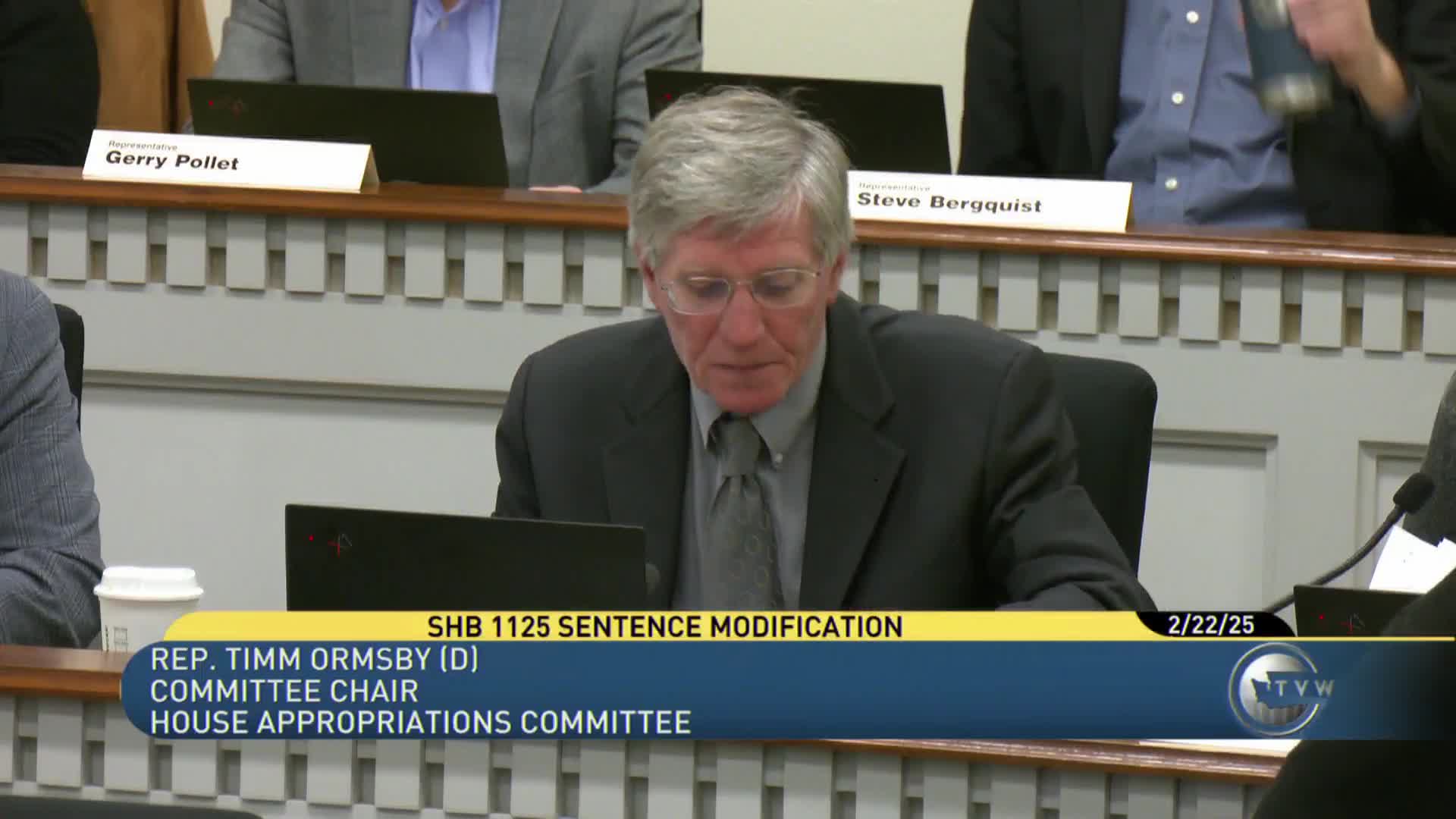
Committee hears competing views on new resentencing pathways and retroactive juvenile point removal
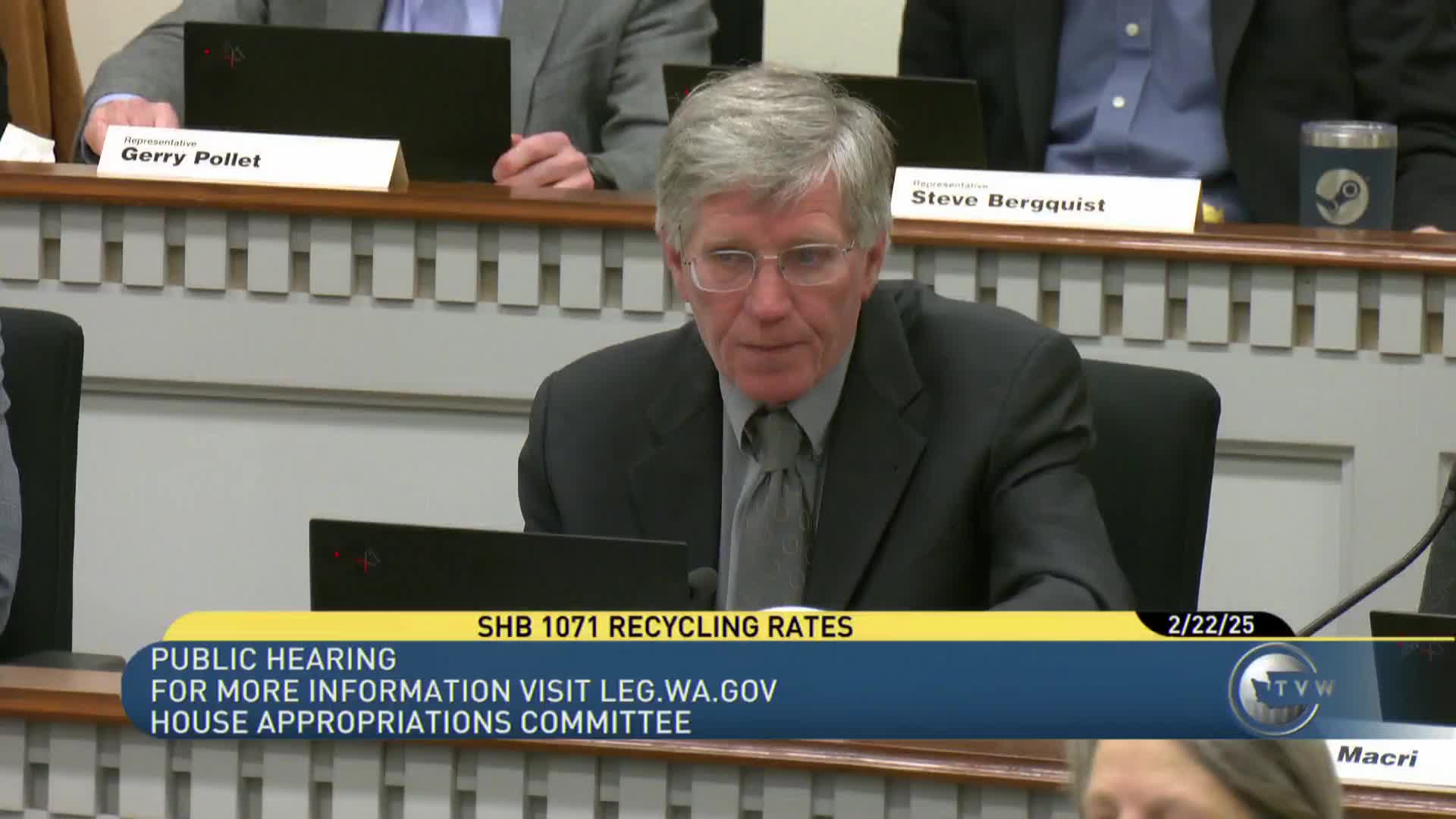
Committee hears split testimony on recycling bills: needs assessment versus full EPR program
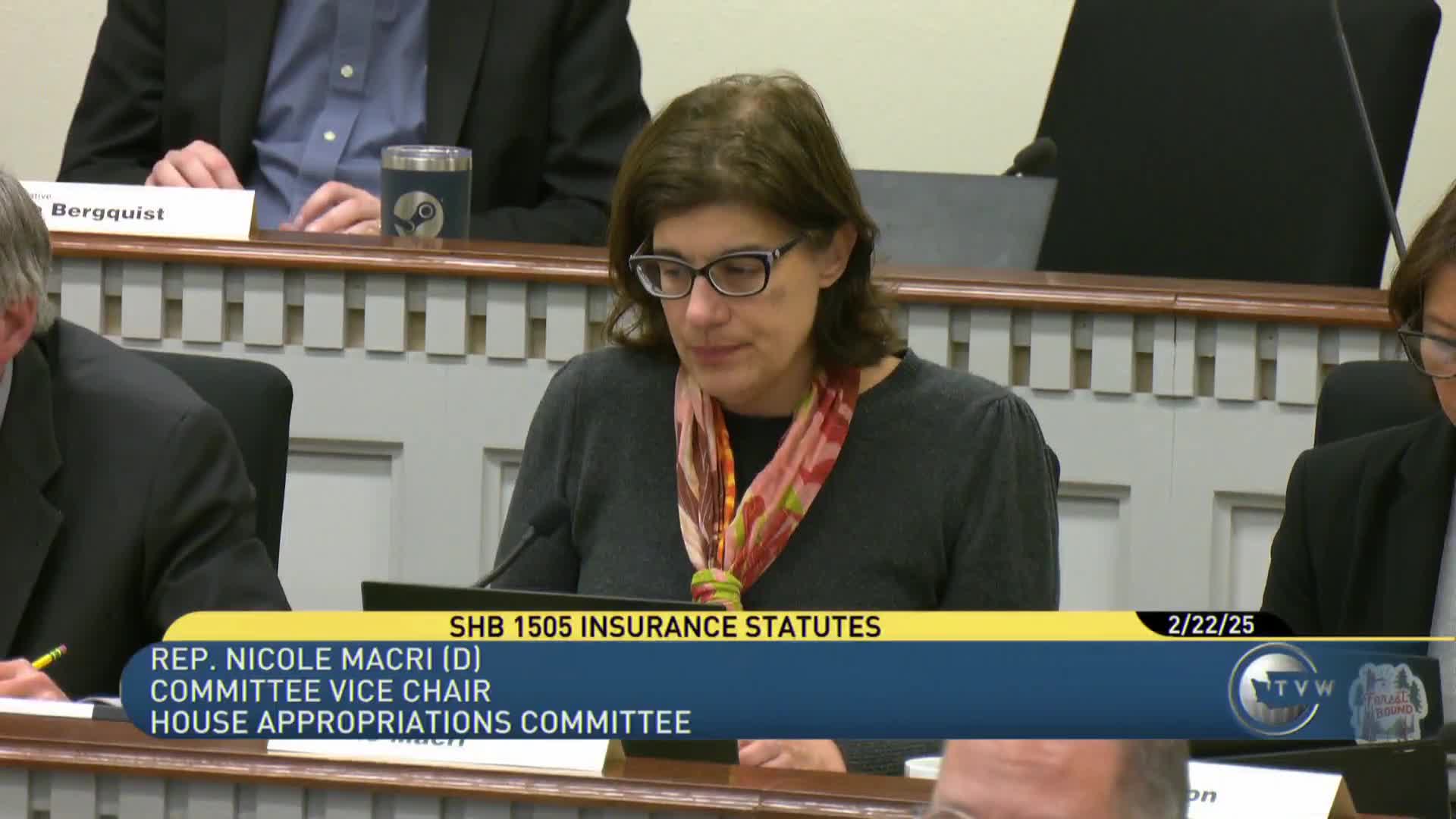
Providers warn proposed delay to nursing‑home rate rebase would force closures and reduce access
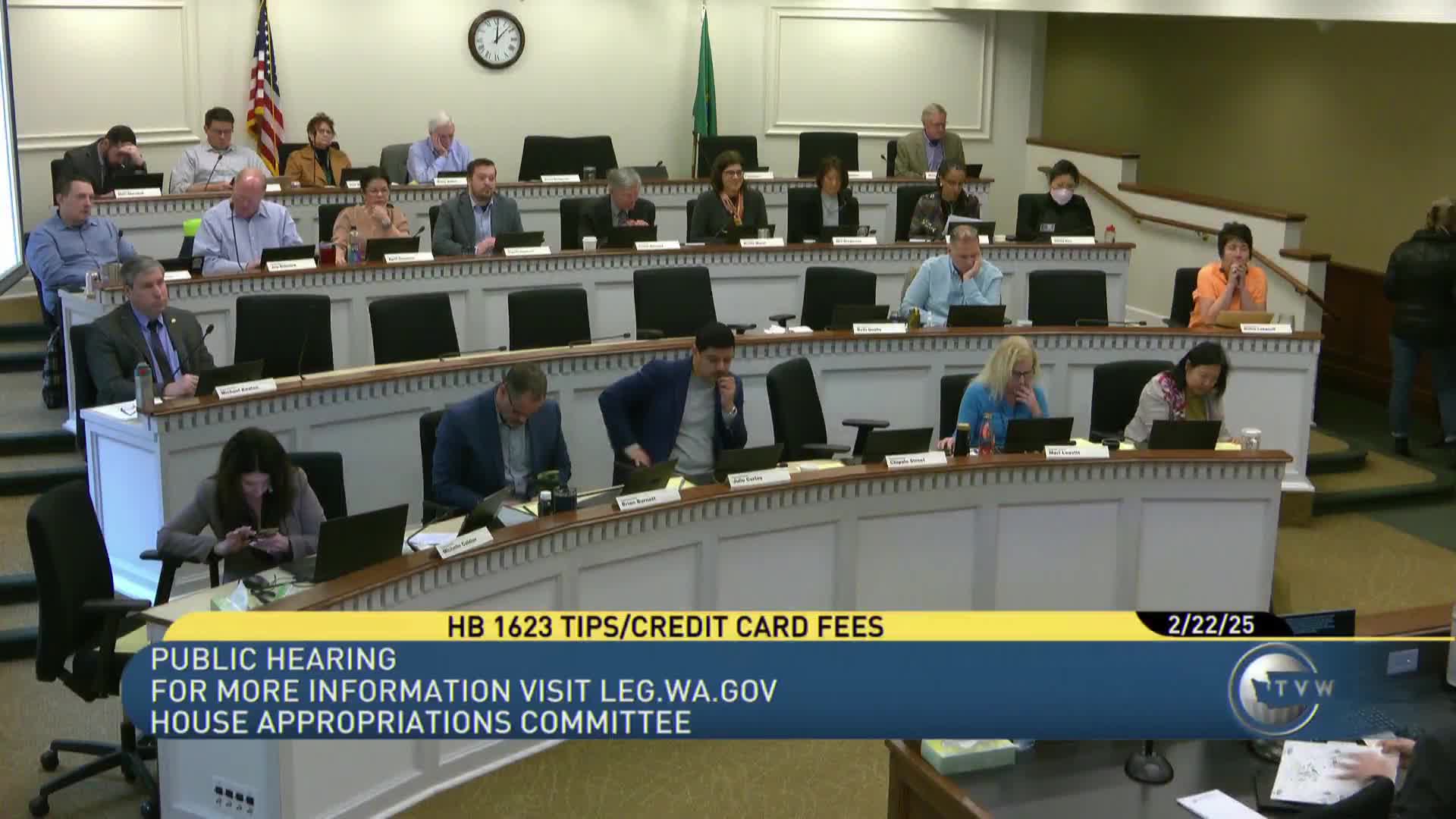
Workers and employers split on bill banning credit‑card processing fees from tips
